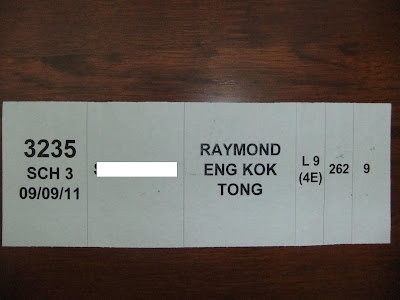While South Korea is currently engaging in a "phantom war" with its Northern neighbour, Japan continues to bask in the spotlight, for the good reasons.
After Junichiro Koizumi stepped down in 2006, a Japanese prime minister did not last for more than 20 months in office. Abe, who is serving as premier for the second time after his party won the 2012 general election, looks set to break the record (by a huge margin) this time.
Early signs like a booming stock market and a surge in consumer spending are evidence that Abenomics - the term used to describe Abe's economic policies - is working after all. While economists are there to criticize and point out the flaws, it seems that Abenomics is largely successful at raising domestic confidence.
By putting the Bank of Japan in a "not so independent" position, Abe's government may be seen as interfering with the central bank's operations. However, without such a bold and controversial move, how can Japan rise from the endless slump it fell into for more than a decade?
Quantitative easing, the proper term for printing money, has weakened the yen. This makes Japan's exports more appealing and its competitors more incensed day after day. But do Abe and Japanese export industries really care when money is rolling in?
In a world where Europe continues to be a disappointment and America has to deal with a myriad of foreign affairs all around the globe, the third-largest economy is growing at a positive pace. But that doesn't mean that Japan is risk-free.
Thursday's slide where the Nikkei share average crashed 7.3 per cent, the worst drop in two years, was a reality check. However, the loss can be blamed on external factors, mainly China and America.
China's HSBC Purchasing Mangers' Index (PMI) slid to 49.6 in May, below the 50-point mark which separates expansion from contraction. Fed Chairman Ben Bernanke's hint that the monetary stimulus programmes in America may come to a halt also played a part in pulling Japanese stocks down.
But Japan has since regained momentum on Friday, relieving fears that the government's efforts to reform the economy have not gone to waste.
Abe's government have not attracted attention for the right reasons either. Several top politicians have recently visited the Yasukuni Shrine, which honours 13 Class A war criminals. China, South Korea and other countries have been outraged by the visits but Abe has been on the defensive. He even likened the shrine to America's Arlington National Cemetery.
Another incident which has put a dent on Japan is Osaka mayor Toru Hashimoto. He claims that it was alright for female slaves to be used as comfort women by the military during World War II. He even pulled America, Germany and most notably, Korea into the topic. Hashimoto has since refused to apologize for his remarks.
After decades of apologizing, Japan is tired of it. Its wartime imperial past will never change and years and years of apologies from Japanese leaders have failed to achieve their objectives.
Instead of dwelling on its past, Japan should look ahead and aim to make history. Abenomics is the perfect to start rewriting it.




No comments:
Post a Comment